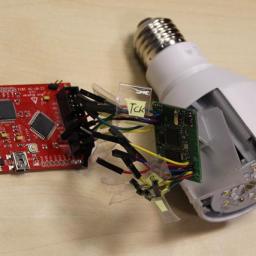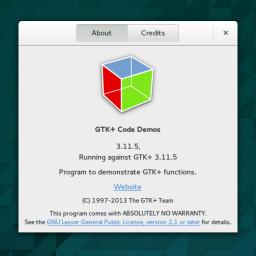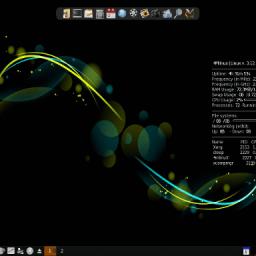Pipedot: let's make this site fly
When Bryan said he was going to focus on coding the site, I thought to myself, "well maybe that's the end of this: it will turn into a software project and nothing more." Then I went back to the other well-known News-for-X sites and had a look around. It's a Goldilocks and the Three Bears story: one has a semi-decent news and a large community but an awful interface. Another has an awful interface and a medium-sized community, crappy news, and no editing. There's Reddit too, and although everyone says the gold is in the sub-reddits, I found few sub-reddits that were really chock-full of awesome comments and something about Reddit lends itself to the quick repartee and stupid puns instead of real conversation.
So I'm going to throw my weight behind Pipedot. It's got a great interface that works well on every screen I use, and huge potential. All we need are some more contributors. Give me a hand getting the word out. Here's how you can help.
Got a lot of time? We could certainly use another editor.
This place will only be as good as its submitted articles. You know what to do.
Got a good idea for a poll? Post it here or submit it to the list: list@pipedot.org
Otherwise, help get the word out! Link Pipedot articles to other places you read news: ArsTechnica, the Register, OSNews, Usenet, the millions of Android sites, the Verge, and so on. If you're not into those things, how about emailing your friends with a link to Pipedot. We could use more voices around here. Spread links on IRC if that's your thing.
There's an RSS feed. But Pipedot articles are getting distributed by Twitter now too. Follow @Pipedot and retweet as far and wide as you can. The Twittersphere is (inexplicably) a great echo chamber for linking to Pipedot articles and getting the word out. I'm also thinking about paying to have an advert or two placed in some strategic places. Got any suggestions for the best placement of these adverts? Let me know.
Hoping to see this place turn into something awesome.
So I'm going to throw my weight behind Pipedot. It's got a great interface that works well on every screen I use, and huge potential. All we need are some more contributors. Give me a hand getting the word out. Here's how you can help.
Got a lot of time? We could certainly use another editor.
This place will only be as good as its submitted articles. You know what to do.
Got a good idea for a poll? Post it here or submit it to the list: list@pipedot.org
Otherwise, help get the word out! Link Pipedot articles to other places you read news: ArsTechnica, the Register, OSNews, Usenet, the millions of Android sites, the Verge, and so on. If you're not into those things, how about emailing your friends with a link to Pipedot. We could use more voices around here. Spread links on IRC if that's your thing.
There's an RSS feed. But Pipedot articles are getting distributed by Twitter now too. Follow @Pipedot and retweet as far and wide as you can. The Twittersphere is (inexplicably) a great echo chamber for linking to Pipedot articles and getting the word out. I'm also thinking about paying to have an advert or two placed in some strategic places. Got any suggestions for the best placement of these adverts? Let me know.
Hoping to see this place turn into something awesome.







